
I’ve always found Michel Gondry to be a bright star in
the world of film. ETERNAL SUNSHINE
OF A SPOTLESS MIND is easily one of my favorites and he always seems to bring
out a certain flair with his actors. Recently,
he brought us BE KIND REWIND which I enjoyed because of the idea of making a
movie a communal experience. I
actually liked the film more the second time around.
As for his other work, I’m a huge fan of the videos he has done with
Bjork. Gondry’s world is strange
and beautiful and one that I’m looking forward to seeing him explore
continually.
I’ve chatted with him before at the junket for BE KIND
REWIND. But it is amazing the
difference of spending five minutes with him as opposed to chatting with him on
the phone for almost forty minutes. He
is invigoratingly honest about what he does. He was very open about his dislike
for media, yet he freely admits that he profits from making commercials in order
to continue making the movies he loves. He
was also honest about the kinds of films he appreciates and the ones he
doesn’t.
But ironically, he was talking to me about his latest
artistic endeavor. It is a book
entitled “You’ll Like This Film Because You’re In It: The Be Kind Rewind
Protocol”. In it, he opens up the
idea of letting your creativity flow by picking up a video camera and expressing
your own unique thoughts and views. Not
in an attempt to send it to YouTube and become a star.
Simply put, to share the experience of seeing yourself and friends and
family in an open and creative way. I
highly recommend the book and maybe creating your own art, in a unique and
personal way.

Now I’m looking at your book, “You’ll Like This
Film Because You’re In It: The Be Kind Rewind Protocol” and the thing that
strikes me most is the design. It is
very thin with small text and it is very unique.
Well I wanted to… [I didn’t want to take up] too much
space [with it]. Because it was
really not about art, it was much more about social experiment or about
community. So I wanted the book to
reflect more on… it’s more of a guide. And
I wish it would be a little cheaper but there was nothing I could do about the
price. I really wanted to make it
about the content and not the presentation.
So it was important to me… in fact it’s a book you can carry, I like
the shape of books where you can put them in your pocket and read them in the
subway. It’s different than your
typical coffee table book.
Well, it’s funny, it’s true because I was carrying
it around reading it wherever I would go. Aside
from that, it’s a really good read because you begin with a little bit of your
history which is quite fascinating. How
personal did you want to get with it?
Well, I don’t have much to say except about my own
experience. So, as well, when I
write my movies it is difficult for me to step outside of my life.
So I really wanted to use this medium for one time, because as you say,
you can carry a book anywhere. You
don’t need any appliance to read it. And
I wanted to really use it for what it is, I wanted to make a book to show
images. I have to say it has to be
related very deeply to my experience. Otherwise
I don’t think… I think I have strength in relating events that occur to me
obviously with my subjectivity. I
don’t have a real strength to invent a situation.
So I thought of going through my memory and take bits there and there and
combine them and what is associated with them.
I like that personal connection that you have and I
think we talked about this last time, but all your movies seem to have the
Gondry touch as it were. And with
this book, you are taking your ideas into another level and as you say, it is
meant to be a guide. Or maybe is it
more to inspire people?
I think both, I really wrote it as a guide and I re-wrote
the protocol and people can photocopy. Because
the thing I worked quite hard to make is a system of working for a lot of
different situations. I encourage
people to do it, but it’s like you can read in the book how to do things, but
they do not necessarily need to use it to make the things they describe.
You can just read them and get inspired and enjoy reading them.
But I think it should work if you want to have the experience yourself,
it would work. Because I did it
myself and it always works.
How did the “workshops” come about?
Can you describe a little bit about what they entailed including finding
the filmmakers themselves?
Well, the purpose wasn’t to pick filmmakers.
It was to show that anyone can participate.
To see that any one of them had potential.
And we really sort of trained to ignore that [filmmaker] idea.
So it was really trying to reach out to the most regular people.
We tried to give room to people that were a little harder to reach. We
opened for schools with different types of kids coming from different types of
backgrounds. Because I really wanted
to give this opportunity to everyone possible.
And one more time, it’s really not about filmmaking.
I have no pretension to teach anyone.
I don’t think people should leave the experience thinking they are
going to become a filmmaker… I have no pretension to be a guide for that.
It is more a guide for a community [experience], that was what was
important to me.

What I like about the idea is that way back when,
theatre really was a communal experience. It wasn’t merely a way to showcase
one’s talent. It really was a
community event. And I think what
you are describing here is to offer film and its ideas to a community.
And not just putting yourself on YouTube to get it seen.
Yeah, I really encourage people to not put their film on
YouTube. Because… well I think
YouTube is great and the net is great in general.
But there is something in the action of putting up your work on YouTube…
I think that [the] protocol really adds a dimension of a balanced level between
the people who create the work and the people who experience it.
I really wanted to even that out, and it is the opposite of YouTube, or
any medium that sort of concentrates on one experience and project it to
millions of viewers. Which is about
being a star or being famous and being seen at the same time by millions of
people. My experience is really
about making something at home for yourself.
So it’s in contradiction with a strong exposition.
How do you feel, as a filmmaker yourself… where do you
see the future of filmmaking? A lot
of people seem to be looking towards the internet right now and surpassing an
actual movie theatre.
Yeah… it’s difficult, to be able to tell you the future
of filmmaking… I still feel I’m new in the medium.
I still have to sort of prove myself so it is very hard to answer this
question. I mean, things can take
the most unexpected turn. It’s
like in politics, when I was young we always assumed that the communist block
would never change and then one day it all collapsed and it was such a shock
then. It is very hard to predict
what’s going to happen. I mean,
when you’re a kid, your strategy for the future with career and jobs, you have
no idea what you’re going to need as an adult.
Like when I was a kid, all the kids with average grades went into what we
used to call technical drawing. Basically
you would draw a piece of a machine. Like,
literarily a third of students went to learn that.
And like, five years after, it was completely obsolete because of the use
of computers. So it is just
coincidences that you happen to tap into something that is going to become very
important in the future. You cannot
predict that, it’s complicated. So I have no idea.
Like people said for twenty years that film cameras would be gone in five
years, and it still remained. Of
course there is more and more video and digital, but all good film cameras are
still around. I think it is very
presumptuous to give the future.
Now I’d like to go back a little to your film BE KIND
REWIND. It sort of reminded me of
one of my favorite movies, CINEMA PARADISO.
Had you been a fan of that film?
I liked the movie and of course I had seen it before I did
BE KIND REWIND, but it is a little too sentimental for me.
Probably it is a better film than BE KIND REWIND so I should not judge,
I’m not judging it, it’s more in terms of my taste.
I find it a little too sentimental. But
I [sometimes] like sentimental. I’m
a big fan of Chaplin and people always complain that he is too sentimental.
But I don’t necessarily like movies about movies.
Like I really dislike Francois Truffaut’s DAY FOR NIGHT.
Really?
Yeah. It’s
very pretentious… very… it’s a bunch of lies.
It says movies are like trains in the night, you can stop there… it’s
a bunch of garbage. I’m not a big
Truffaut fan, I have to say. And one
more time, it is very arrogant of me to say that, but I think, especially since
he is not around to hear me so I’m not going to hurt him by saying stuff
against him. But I know he started
as a film critic, and he was extremely violent towards the directors before him.
He was the most aggressive film critic.
He was very dismissive and then he did what he despised.
He was the classical of the classical.
He was the conservatism in filmmaking at the end.
At least Jean-Luc Godard always had renewed himself… he had this
attitude as well, but at least he didn’t do what he criticized before.
So, I think that I would… I like better, Vittorio De Sica for instance.
His movies about cinema are much more social.
When you look at MIRACLE IN MILANO… his movies have a strong social
message in them. He is on the side
of people… you know, on the side to help people in poverty.
Then if you compare to Frank Capra who did sort of, very popular movies,
they are much more conservative politically.

Now do you think, talking politics and talking
filmmaking, do you think that it is a filmmakers duty to represent their own
views with their films?
Well, I don’t know if it is a duty.
As I grew up, I sort of educated myself a little, where you should be
able to sustain a political conversation, which I was very shy about to engage
before because I lacked references and data and background.
But as I grow older, you can’t close your eyes.
In the beginning I thought that being an artist was political enough.
You create entertainment and you explain the world through your eyes.
But getting a little older, it is very hard for me to take a typical
screenplay because they express their view and I don’t want to speak for them.
So I was really tempted to [take on a certain screenplay] that was going
to be “a big success”, but at the end, I felt that this guy was expressing
things that are different from my views so I have no interest into putting my
energy to express his views. Especially
with something that is so polar opposite of me.
Like one of the main characters was very condescending to one of the
homeless people and I could never do that in my movie.
So I feel more and more I have to let [my beliefs] through,
but it’s hard because I don’t feel I have the…
I mean, I can talk about my memories, my feelings, the process of
creation and creativity. And through
that, I tend to have a social orientation. More
and more I feel that we are constantly brainwashed by the media about Libertism,
this so called, narrow Libertism which is a way to disguise social regression.
Its just that I want to have the right language to express it.
I don’t watch T.V. because I don’t like to be controlled.
But I watch DVD’s and I watch some shows on the net, but I watch a lot
of the commentaries on DVDs. But I
don’t have many channels or cable. I
think… I don’t want to be proposed what I have to see, I want to decide
that. And I know that I am making a
contradiction because I shoot advertising once in a while.
Although I do attempt to do less and less.
If I had any input I’d make advertising disappear, even though I make
good money out of it. Because I
really, truly believe it is bad. I’ve
worked for Levi’s, Coca Cola and I don’t know what they do to the world.
So I’m in contradiction, I know that, and I have little for my defense.
My main defense is, I do the films I want because I make a living doing
other stuff. So I really have a lot
of freedom with making movies which is the most important thing to me.
As for future projects, MASTER OF SPACE AND TIME is not
going to happen?
No, no, no, it’s been a long time since, we didn’t
touch it. We tried very hard but the
story is too complicated. Basically,
you need enough money to create the world. I
like the story because it is written by a mathematician, Rudy Rucker and the
mathematics are part of the story and that doesn’t interest the producer.
It is something that doesn’t interest them.
So in order to make it happen I would have to rule out all of what makes
this book unique, so I decided not to do it.
What is next for you?
I wrote a screenplay that I will try to shoot soon.
And I’m developing two stories. One
with Dan Clowes [GHOST WORLD] as the writer, it is going to be an animated film.
The other is called THE RETURN OF THE ICE KINGS, I wrote a draft.
I even wrote it with my girlfriend Gabrielle Bell, although we are not
together anymore. But we wrote a
draft together.
Now with writing the book, do you plan to do more?
Yeah, yeah, yeah, but I want this book to have the time to
exist.
Let me know what you think.
Send questions and/or comments to [email protected].




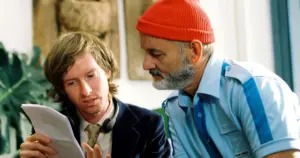
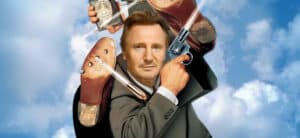


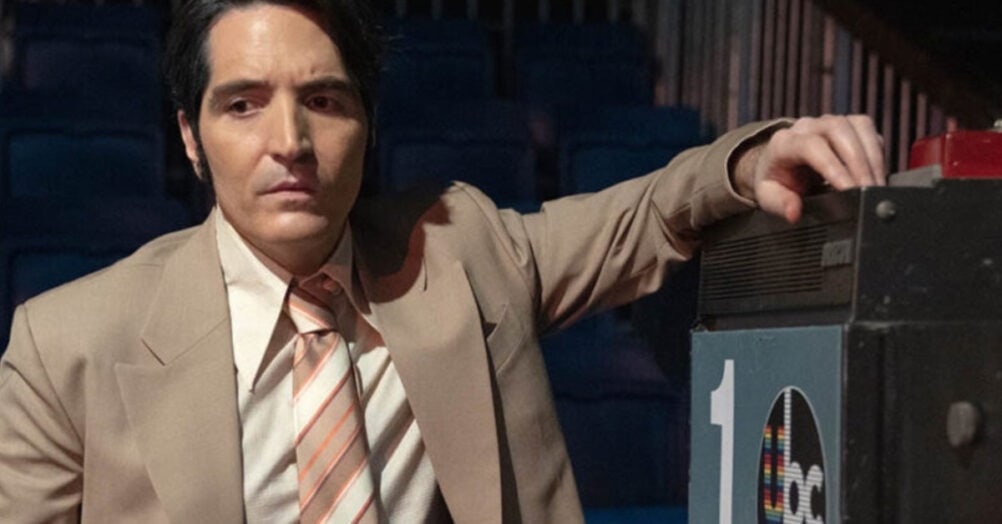
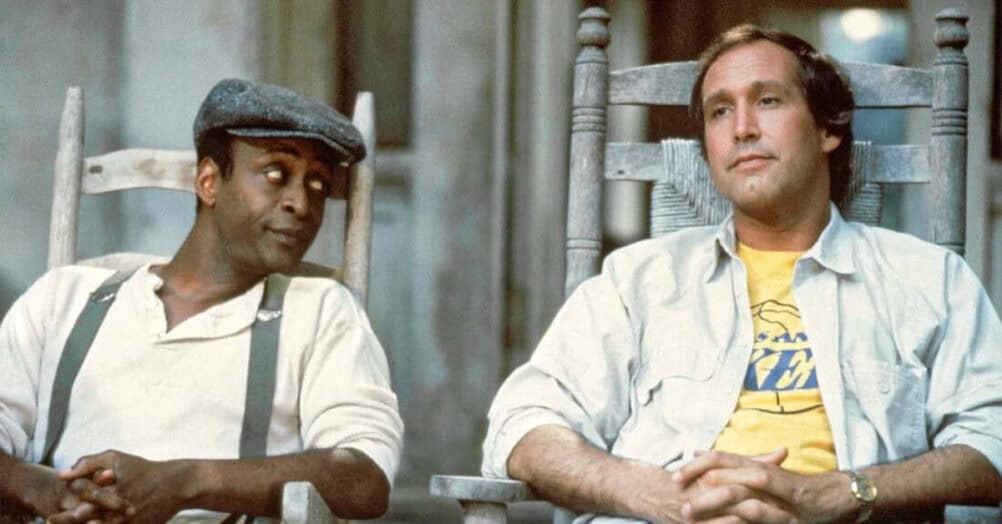
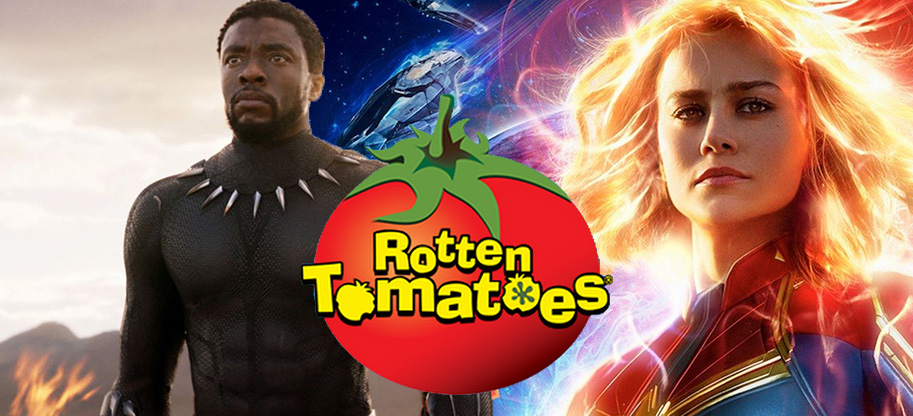
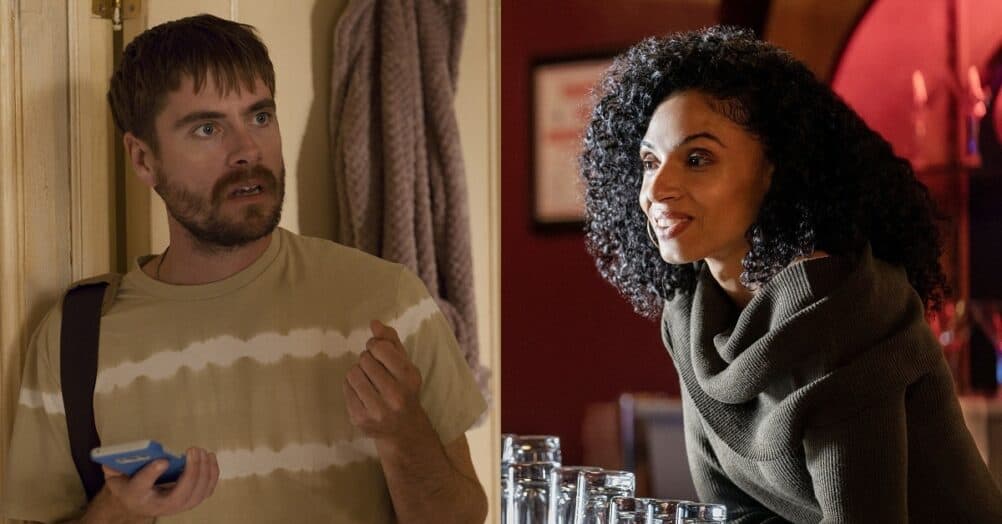
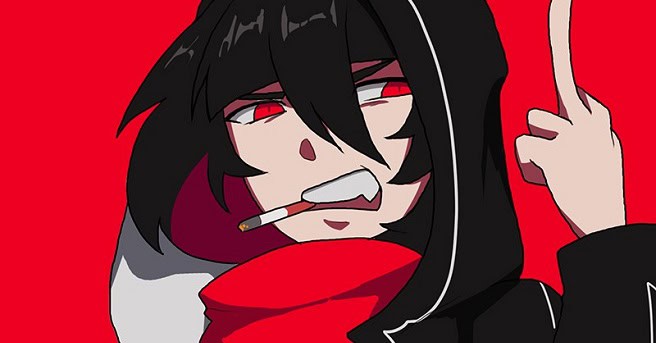

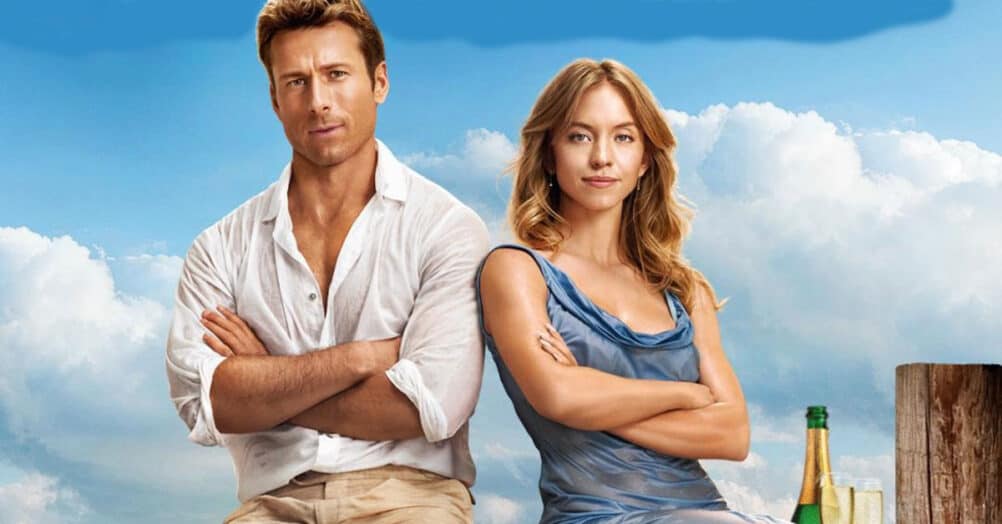
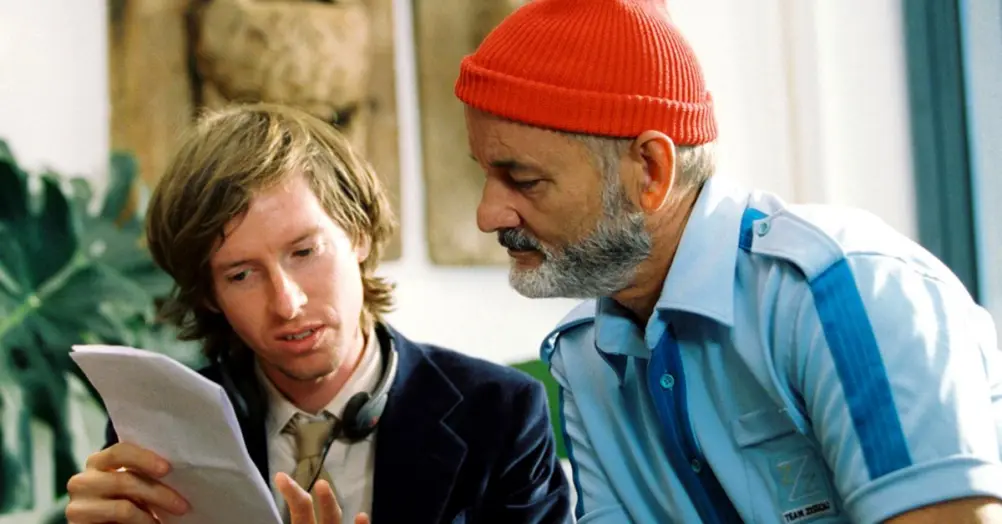
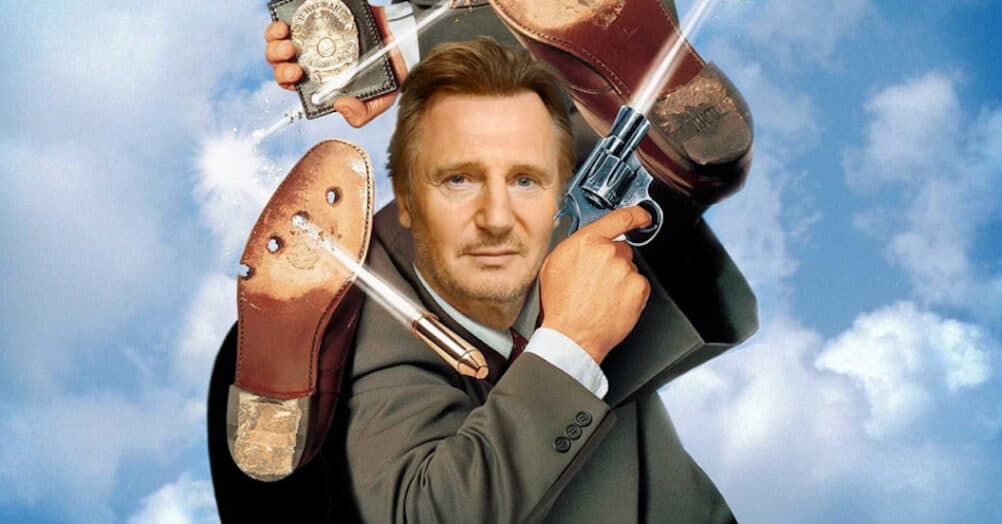
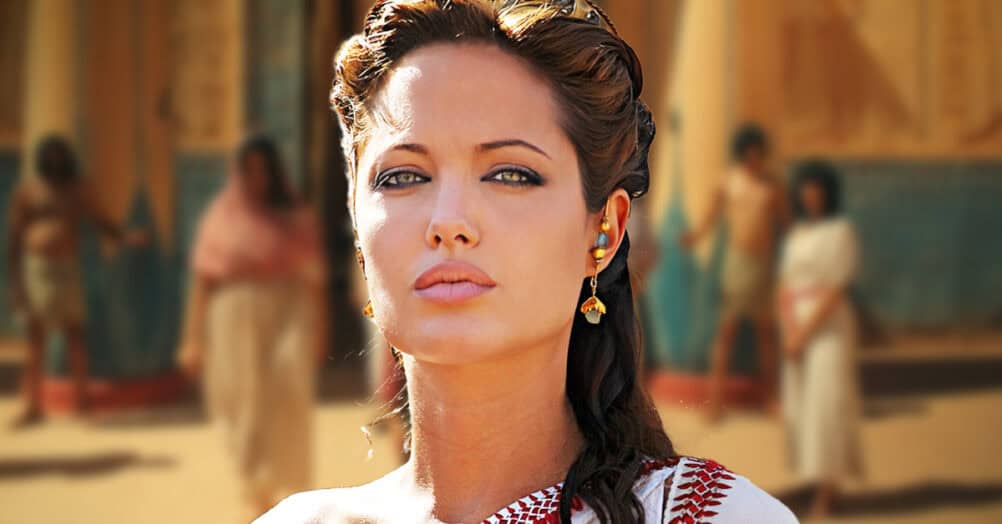
Follow the JOBLO MOVIE NETWORK
Follow us on YOUTUBE
Follow ARROW IN THE HEAD
Follow AITH on YOUTUBE